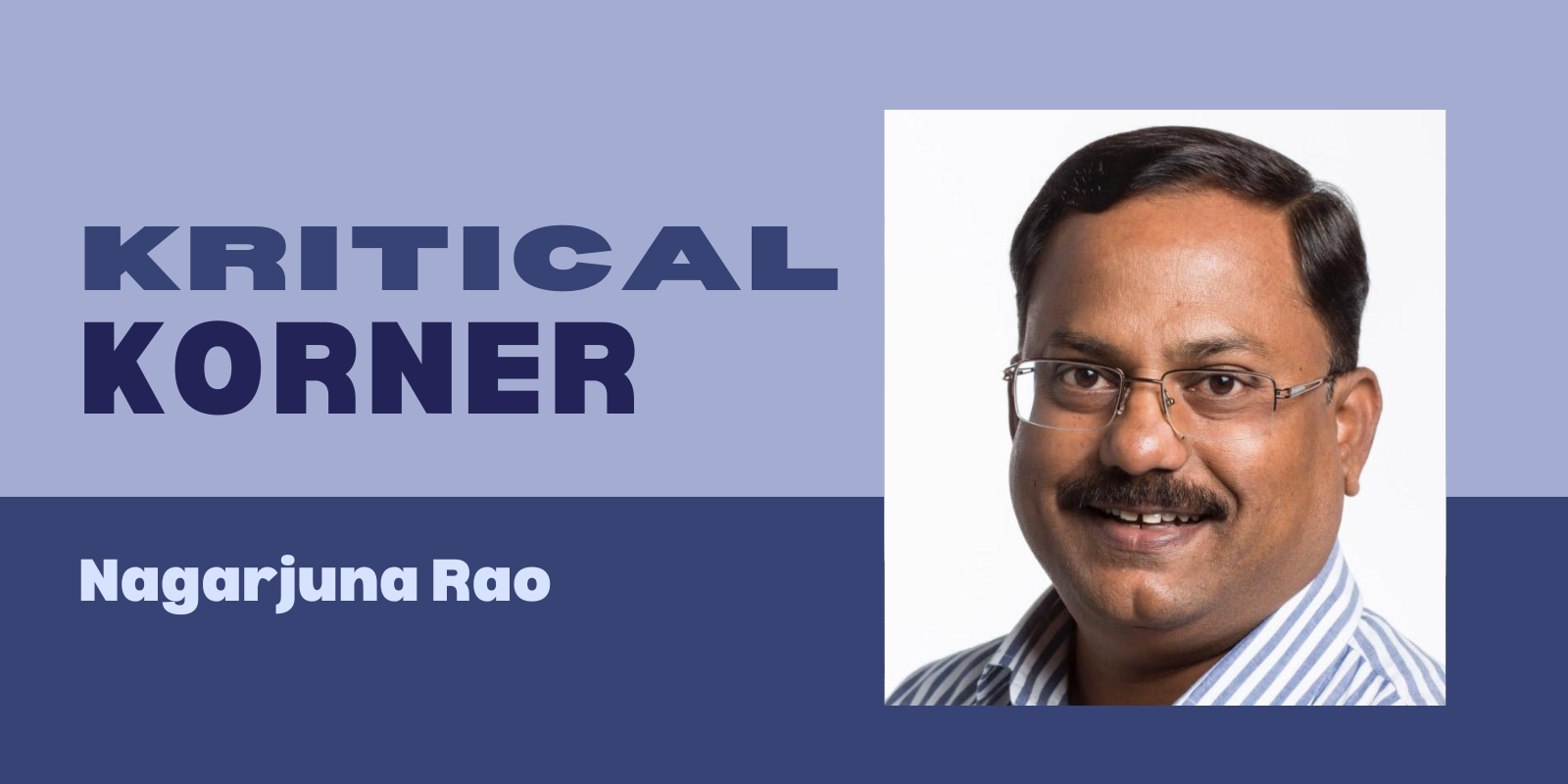There was a time when acts of kindness and goodwill were celebrated. Today, even a simple prayer for a friend has become cause for outrage. Malayalam superstar Mohanlal’s special prayer at Sabarimala for his ailing best friend, Mammootty, should have been seen as a touching gesture of camaraderie. Instead, it has triggered a wave of criticism from fundamentalists who believe that faith is so fragile that it can be tainted by the goodwill of another.
Mohanlal’s visit to Sabarimala was part of his spiritual journey and had nothing to do with religious politics. But the revelation that he had performed a special prayer for Mammootty (whose given name is Muhammad Kutty) was enough to spark an outcry from certain sections. Their argument? That a Muslim should not have his name invoked in a Hindu temple. This misplaced outrage is not just baffling but deeply hypocritical.
Religious intolerance cuts one way
It is ironic that those who raise slogans of ‘bhaichaara’ (brotherhood) expect Hindus to join them in prayers at mosques but take offense at a simple puja performed in goodwill. If a Hindu participates in a Muslim or Christian prayer, it is hailed as an act of inclusivity. But if the reverse happens, there is uproar. Why?
This brand of religious intolerance does not stem from any divine decree but from rigid fundamentalism that refuses to acknowledge the universality of prayer. No god, no faith, teaches its followers to reject the goodwill of another. A prayer offered in a Hindu temple does not ‘convert’ the recipient, nor does it diminish their faith. If a Muslim believes in the power of prayer, why should it matter where that prayer is offered?

Idol worship: a misunderstood concept
One of the repeated accusations from certain quarters is that Hindus worship ‘idols’ – a practice that Islam forbids. But this argument completely misrepresents Hindu philosophy. Hindus do not worship mere stone or metal; they see divinity in the representations of the divine. To them, God is omnipresent – in nature, in the elements, in the forces that sustain life. A murti is simply a focus for devotion, not the deity itself.
This understanding of divinity is why Hindus revere rivers, trees, and even fellow human beings. The concept of ‘Mata’ (Mother) in Hinduism extends from one’s biological mother to Mother Earth, Mother Nature, and the divine feminine. It is a philosophy of gratitude, of seeing the sacred in all creation.
Let prayers remain personal
Mohanlal, in his dignified response, put it best: “Prayers are a personal matter.” And they should remain so. No religion should dictate who can pray for whom, where, or how. This is not a question of theology but of basic human decency.
If fundamentalists insist that faith must remain within rigid boundaries, they should ask themselves: is their god so insecure that a prayer uttered in another place of worship threatens Him? The real danger here is not religious dilution but the intolerance that masquerades as piety.




